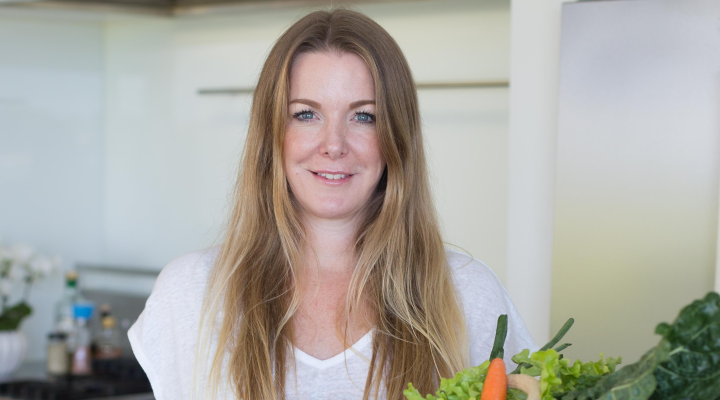Today, we talk to Peita Pini, the entrepreneur who broke ground in 2016 with an innovative product called The Swag, a 100 per cent natural, reusable, and compostable produce bag that keeps fruits and vegetables fresh for a longer period of time. As with many business owners, she faced serious challenges during the global pandemic. But she was able to rise through the challenges with the lessons she has learned and her drive to make her product better than before. The result was the launch of Veggie Saver, an improved version of The Swag that has set its eyes on the global marketplace.
ISB: What was the inspiration behind your first venture, The Swag?
PP: I was sick and tired of throwing away rotting fruit and veggies after only a few days since purchasing. Then I noticed condensation building up inside the plastic bag or container I was storing my veggies in. I realised I was storing my food in toxic materials and watching them sweat. Fresh produce is living and breathing, and all living things need air and water to survive. I was determined to find a solution that empowered Australians to lead healthier lives, reduce the cost of fresh produce to the household budget, and combat both food wastage and plastic pollution. I spent years developing this product that solved all of these pain points. Years of trial and error in my kitchen resulted in creating a design that really worked.
ISB: And what brought about the decision to diversify and launch Veggie Saver?
PP: Veggie Saver was born out of demand for a global solution that could create a massive, positive impact, quickly and responsibly. Following the COVID-19 pandemic that hit countries worldwide, I saw a plummet in The Swag’s B2B sales. We were out of stock of The Swag hero range globally for almost three months due to global lockdowns. Every single process through COVID took so much longer, cost so much more and the goalposts constantly moving. I realised it was crucial to create a standardised product made specifically for retail distribution so that it can be manufactured faster, have shorter lead times, and reduce our manufacturing costs.
Veggie Saver took all the best parts of The Swag and was tailored for global wholesale distribution, making it easier for retailers to display, market, and sell. I’ve had the idea of Veggie Saver for many years, however it wasn’t until we lost the global wholesale arm of our business that we really pushed Veggie Saver into action.
ISB: Please tell us about the science that enables Veggie Saver to prolong the shelf life of fruits and vegetables?
PP: Last year, we teamed up with Australia’s Applied Horticulture Research, to scientifically test the efficacy of our design. The study compared the storage life and quality of produce in a Veggie Saver to storing in plastic, paper and no packaging, in a domestic refrigerator. Results concluded Veggie Saver not only keeps fruit and veggies fresh for over two weeks (and in some cases up to four weeks) but in one trial extended the storage life of fruit and veggies up to 38 per cent longer than when stored in plastic!
ISB: What impact did you gaining a government Boosting Female Founders grant have on the growth of the business?
PP: The grant funding is supporting the expansion of Veggie Saver into the global retail sector and assisting in removing barriers by funding additional manufacturing capability and required inventory, organisational capabilities and expanding staffing levels, implementation of a global inventory management system and ongoing marketing activity to support our global expansion.
ISB: How do you see Veggie Saver developing in the next couple of years?
By 2030, I want to see my business empower over one billion people around the world to live waste and plastic-free, with a net profit that contributes to over 10,000 children being freed from slavery and provided long term rehabilitation.
ISB: What is the most important lesson you’ve learned with both ventures that other would-be entrepreneurs can benefit from?
PP: Firstly, listen to your customers, they are your greatest asset. We have an internal policy of “they speak, we listen”. We often receive emails and suggestions for different product modifications or fresh ideas. We also survey our customers for their opinion at the initial product development stage and we typically receive hundreds of responses that almost always result in better changes. Our customers become part of the product development, refining process and ultimately part of this powerful movement.
Secondly, if you’re just starting out, gather a wide cross-section of friends and family, then ask them to invite their friends and family. Before long, you’ll have a hundred or more people to soundboard your ideas off and run product testing with and this will most likely give you insights into your product that could save you a lot of money and time.
And, finally, don’t forget to protect your IP, even at this early stage.
















